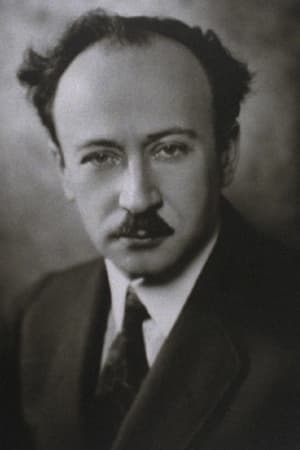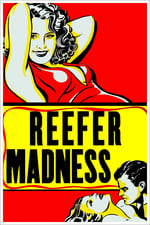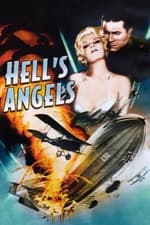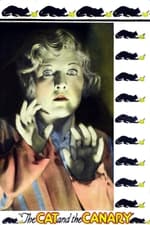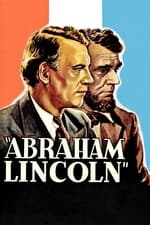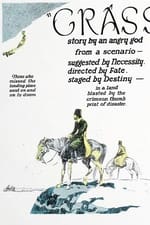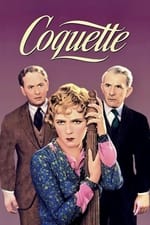Personal Info
Known For Sound
Known Credits 41
Gender Male
Birthday January 26, 1879
Day of Death September 10, 1939 (60 years old)
Place of Birth Vienna, Austria-Hungary [now Austria]
Also Known As
- Dr. Hugo Riesenfeld
Content Score
100
Yes! Looking good!
Login to report an issue
Biography
From Wikipedia, the free encyclopedia
Hugo Riesenfeld (January 26, 1879 – September 10, 1939) was an Austrian-American composer. As a film director, he began to write his own orchestral compositions for silent films in 1917, and co-created modern production techniques where film scoring serves an integral part of the action. Riesenfeld composed about 100 film scores in his career.
His most successful compositions were for Cecil B. DeMille's Joan the Woman (1917), The Ten Commandments (1923) and The King of Kings (1927); D. W. Griffith's Abraham Lincoln (1930); and the original scores to F. W. Murnau's Sunrise (1927) and Tabu (1931).
Born in Vienna, Riesenfeld's musical career began at the age of seven with a violin study at the Conservatory of the Gesellschaft der Musikfreunde in his city of birth, where he graduated at the age of 17 in piano, violin and composition degrees. He briefly played in the Vienna Philharmonic. By the end of the 19th century, he was playing with Arnold Schönberg, Arthur Bodanzky, and Edward Falck in a local string quartet.
In 1907, Riesenfeld emigrated to New York City. He did his first work in film when he conducted the accompaniment for Jesse L. Lasky's production of Carmen (1915).
On 15 April 1923, with inventor Lee de Forest, Riesenfeld co-presented a show at the Rivoli Theater in New York City of 18 short films made in the Phonofilm sound-on-film process.
Riesenfeld died in 1939 in Los Angeles after a severe illness. His daughter Janet starred in some Mexican movies as a dancer and actress under the pseudonym Raquel Rojas and Janet Alcorzia and later became a screenwriter.
From Wikipedia, the free encyclopedia
Hugo Riesenfeld (January 26, 1879 – September 10, 1939) was an Austrian-American composer. As a film director, he began to write his own orchestral compositions for silent films in 1917, and co-created modern production techniques where film scoring serves an integral part of the action. Riesenfeld composed about 100 film scores in his career.
His most successful compositions were for Cecil B. DeMille's Joan the Woman (1917), The Ten Commandments (1923) and The King of Kings (1927); D. W. Griffith's Abraham Lincoln (1930); and the original scores to F. W. Murnau's Sunrise (1927) and Tabu (1931).
Born in Vienna, Riesenfeld's musical career began at the age of seven with a violin study at the Conservatory of the Gesellschaft der Musikfreunde in his city of birth, where he graduated at the age of 17 in piano, violin and composition degrees. He briefly played in the Vienna Philharmonic. By the end of the 19th century, he was playing with Arnold Schönberg, Arthur Bodanzky, and Edward Falck in a local string quartet.
In 1907, Riesenfeld emigrated to New York City. He did his first work in film when he conducted the accompaniment for Jesse L. Lasky's production of Carmen (1915).
On 15 April 1923, with inventor Lee de Forest, Riesenfeld co-presented a show at the Rivoli Theater in New York City of 18 short films made in the Phonofilm sound-on-film process.
Riesenfeld died in 1939 in Los Angeles after a severe illness. His daughter Janet starred in some Mexican movies as a dancer and actress under the pseudonym Raquel Rojas and Janet Alcorzia and later became a screenwriter.
Sound
|
||||||||||||||||||
|
||||||||||||||||||
|
||||||||||||||||||
|
||||||||||||||||||
|
||||||||||||||||||
|
||||||||||||||||||
|
||||||||||||||||||
|
||||||||||||||||||
|
||||||||||||||||||
|
||||||||||||||||||
|
||||||||||||||||||
|
||||||||||||||||||
|
||||||||||||||||||
|
||||||||||||||||||
|
||||||||||||||||||
|
||||||||||||||||||
|
